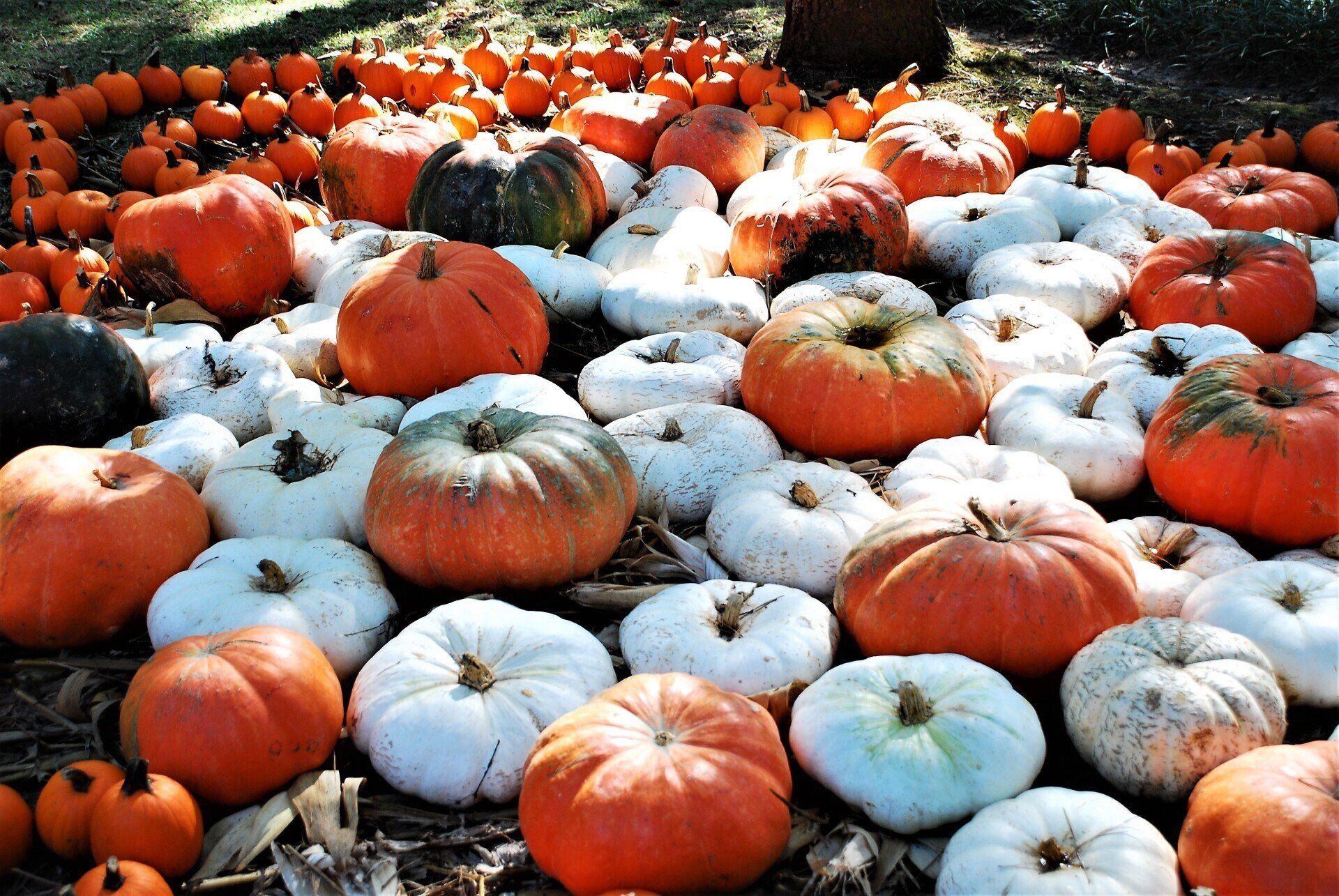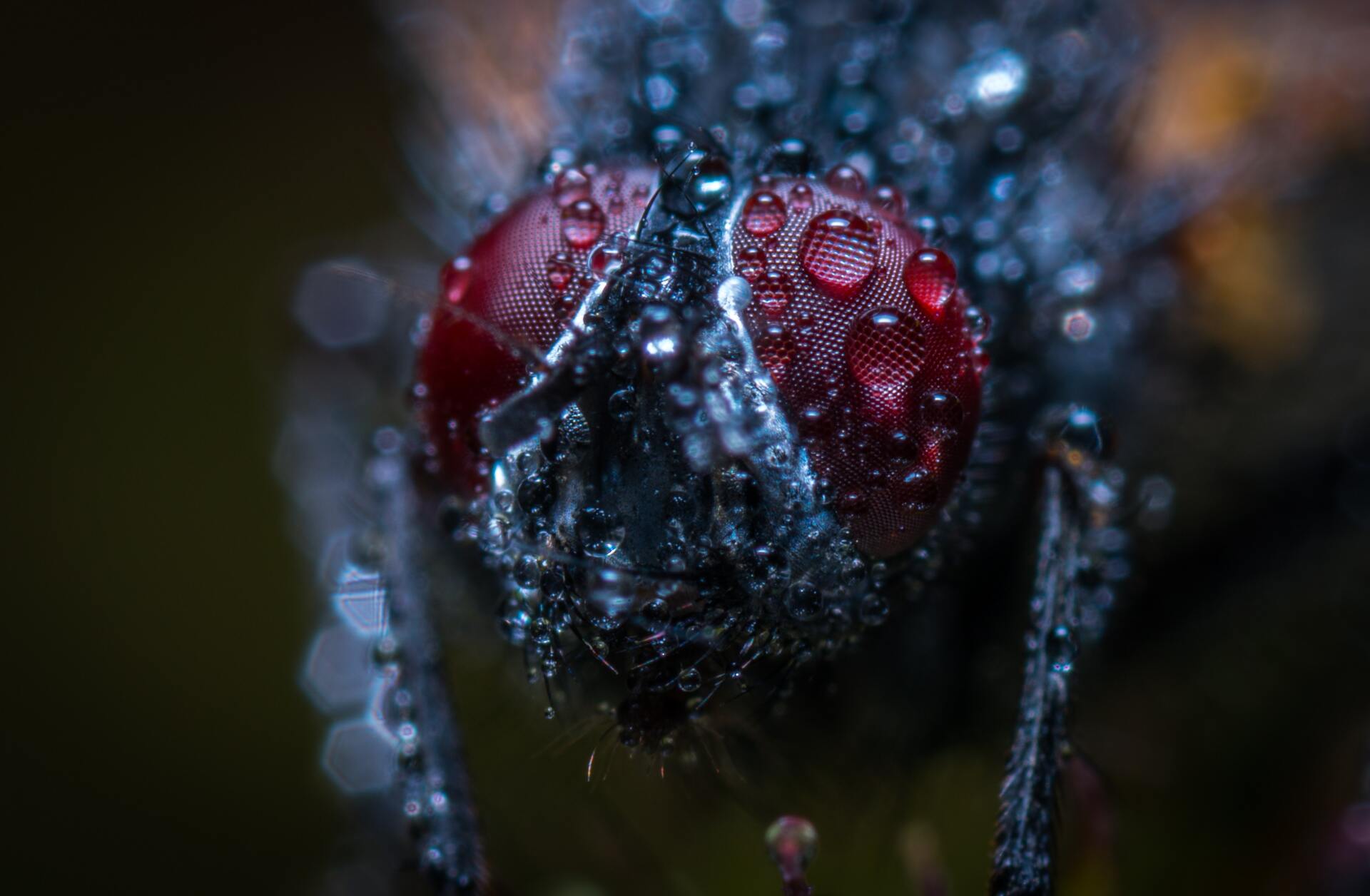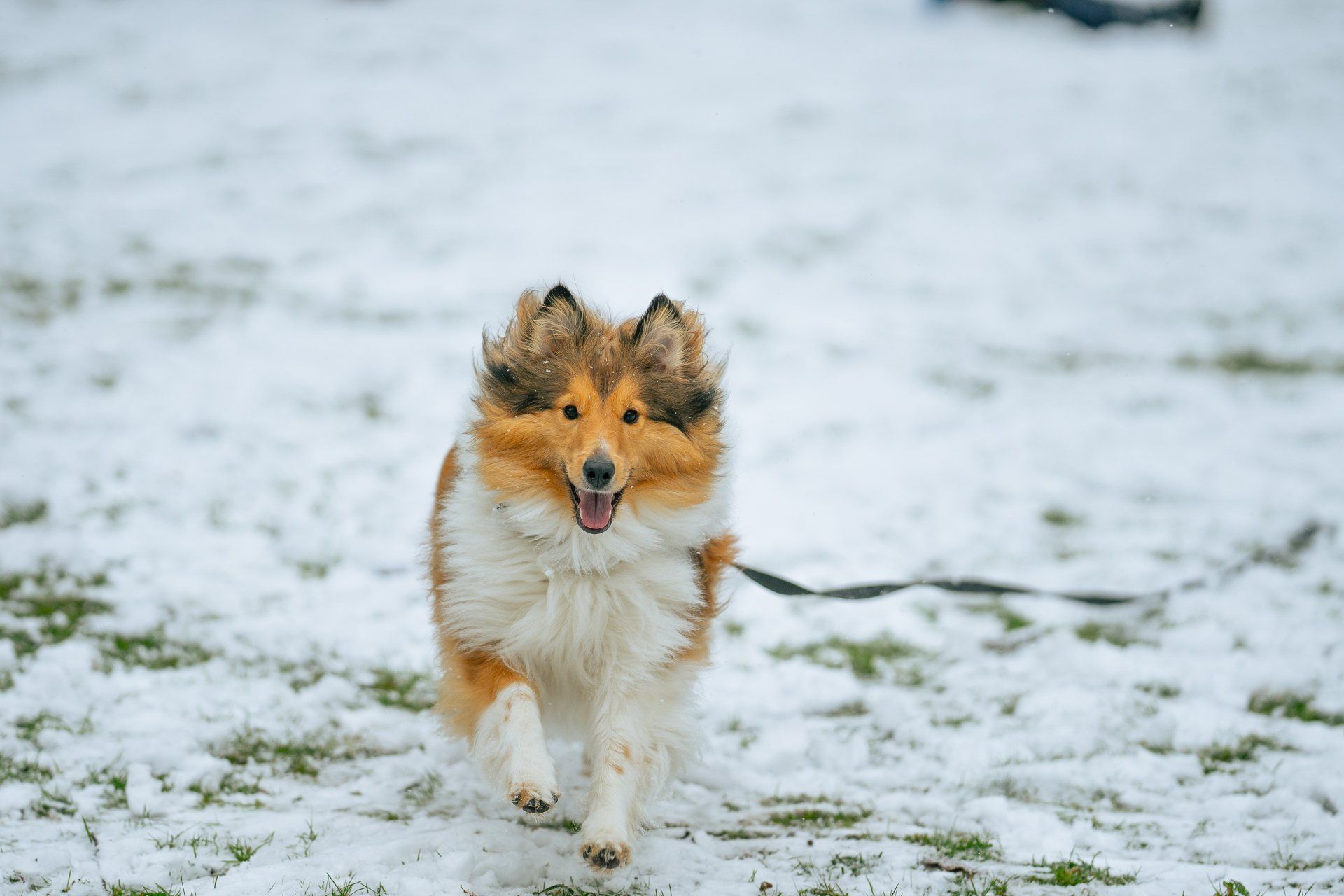Cleaning The Garden In Fall
Cleaning Your Garden in the Autumn to Prepare It for Winter

It's time to start thinking about getting the garden ready for winter when the cool weather sets in and the plants in our gardens start to die. To ensure your garden's long-term health, perform a fall garden clean-up. For more information about preparing a vegetable garden for the winter, keep reading.
How to Clean Up Your Garden for Fall
Start by removing any plant support structures, such as tomato cages, bean pegs, or trellises, while getting ready a garden for the fall. Wipe down or spray each of these things with a two to one solution of water and bleach to clean them. Any pathogens that might be lurking on the supports will be eradicated by this.
The removal of plant waste from the garden is the next stage in cleaning it. All unhealthy plants, aged fruit, and vegetables should be removed from the garden beds and thrown away. Composting is an option for healthy spent plant material. If the plant material displayed symptoms of a disease, it should be thrown away or destroyed. You run the danger of reinfecting your garden the next year with the same illness if you compost infected plant debris.
Spreading compost, composted manure, or other fertilizers onto vegetable beds is the next stage in getting a vegetable garden ready for the winter. Additionally, you can use this time to grow a winter cover crop, such as rye, clover, or buckwheat.
When to Begin Winterizing a Vegetable Garden
Usually, you should begin preparing your garden for winter as soon as the first frost has killed off the majority of the annuals. However, if you notice plants that are dying and aren't giving you a harvest, you can start the fall garden clean up earlier than this. The appearance of your annuals can serve as a guide if you reside in a region without frost. You can start preparing your garden for fall whenever annual plants start to wilt and die. Your vegetable garden will stay healthy from year to year if you prepare it for the winter.
A basic checklist for getting your garden ready for fall is provided below:
- Clear the veggie garden of any leftover plant matter. If you have a compost pile that gets fairly heated, compost healthy items but throw any unhealthy ones in the trash. Congratulate yourself and leave any producing plants standing if you still have greens or other plants.
- Once the grass appears to have stopped growing, cut it one last time. For the winter, some sources advise drastically shortening the grass, while others advise keeping it at a 3 inch height. The University of Minnesota supports those who want to keep the grass at its previous height, arguing that too-short grass can become stressed from buzz cutting. Fertilizer for the fall is not required.
- Retrim a few perennials. Fall pruning is beneficial for some perennials. It lessens the likelihood that infections may spread and makes spring cleaning simpler and less untidy. (A wilting, damp hosta is the worst.) Other perennials can be pruned back in the spring after being left uncut all winter.
- Water. Watering any new plantings, including trees, shrubs, and perennials, is crucial. This will make sure they have the best possible health going into the winter.
- Leaf rake. You may also chop up your leaves with the mower and leave them on the lawn as fertilizer if you have a limited number of leaves and a mulching mower. In order to provide mulch and nutrients to perennial beds, you could also wish to mow the leaves many times before spreading them out.
- Clean and disinfect the containers. Your container plants are most likely somewhat withered by this point. Before storing the pots for the winter, dump the plants and dirt on the compost pile and give them a thorough cleaning with a wire brush.
- Also clean your tools. Get your shovels, trowels, pruners, and other equipment out and give them a thorough cleaning while you're in the cleaning mood. Your tools will endure for a very long time if you do regular maintenance. This video will show you how to properly clean your tools.
CONTACT
(800)-499-5130
293 Hill Street,
Lyndonville, VT 05851
MAILING ADDRESS
PO Box 1212, Lyndonville VT 05851
BUSINESS HOURS
- Mon - Fri
- -
- Sat - Sun
- Closed


